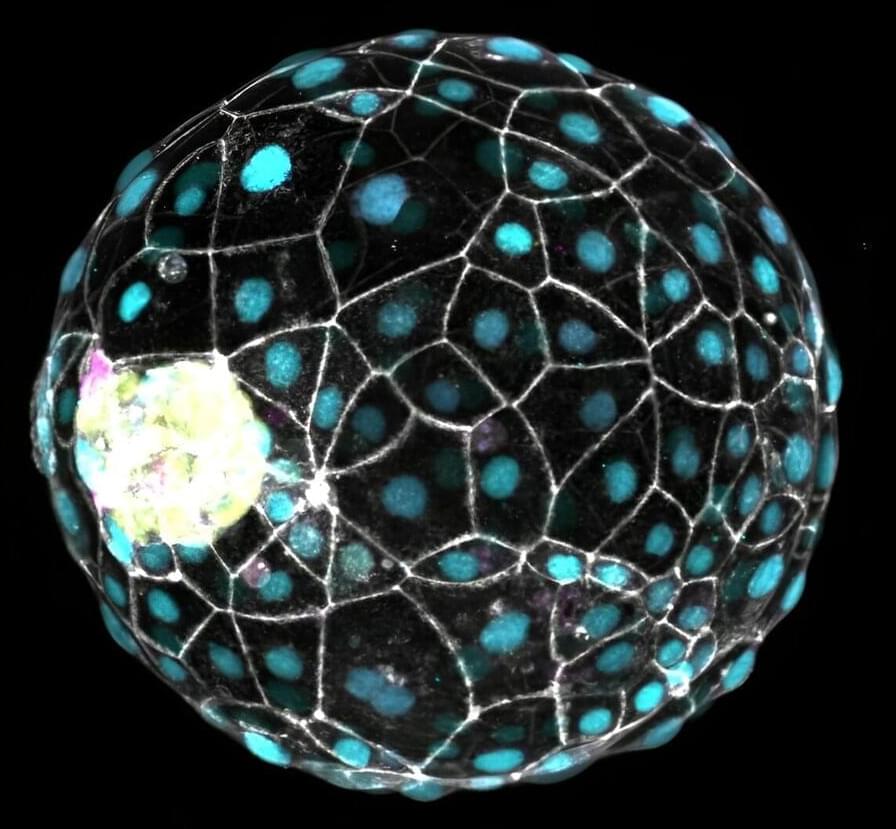In some mammals, the timing of the normally continuous embryonic development can be altered to improve the chances of survival for both the embryo and the mother. This mechanism to temporarily slow development, called embryonic diapause, often happens at the blastocyst stage, just before the embryo implants in the uterus.
During diapause, the embryo remains free-floating and pregnancy is extended. This dormant state can be maintained for weeks or months before development is resumed, when conditions are favorable. Although not all mammals use this reproductive strategy, the ability to pause development can be triggered experimentally. Whether human cells can respond to diapause triggers remained an open question.
Now, a study by the labs of Aydan Bulut-Karslıoğlu at the Max Planck Institute for Molecular Genetics in Berlin and Nicolas Rivron at the Institute of Molecular Biotechnology (IMBA) of the Austrian Academy of Sciences in Vienna, has identified that the molecular mechanisms that control embryonic diapause also seem to be actionable in human cells.









Leave a reply